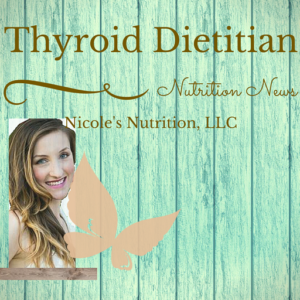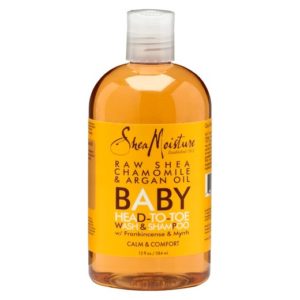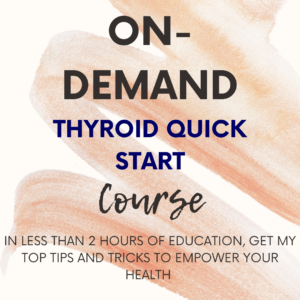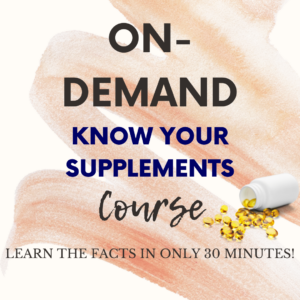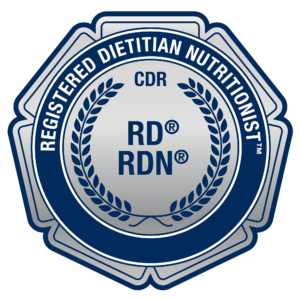It pains me to admit I have always struggled with social anxiety. It ebbs and flows. When I am busy, distracted, surrounded by familiar faces, or exercising more heavily I feel I never have anxiety. Another thing I have noticed is that when I drink kombucha, I have much less anxiety. I felt it was significant, but have always ignored it in the past. But, I got to thinking, “there has to be something to this”. At first, I thought it may have had something to do with the B vitamins in the beverage. Then, I got to researching. I can not believe that the reduction in anxiety most likely has to do with the affects in the intestinal tract!
No way could one probiotic drink change my microbiome enough to affect my brain.
I had to research this more. It was very fascinating.
A few key points I uncovered:
- Our microbiome reglates 90% of our serotonin production. More research info here.
- Preliminary research has been done showing a connection between autism symptom improvement and probiotic usage.
- Bacteria in our intestinal tract produce 4-ethylphenylsulphate, or 4EPS (a short chain fatty acid, SCFA). Those with lower levels display less social anxieties. Most research was done relating to autism, and not solely social anxiety. This research chart shows possible causes and consequences of increased SCFA production as it relates to ASD.
- Bifidobacterium strains have shown a decrease in stress. Source
- Prebiotics which promote an increase in good bacteria may also redue stress (preliminary research).
- Here is a human study showing a link between yogurt probiotic consumption and possibly a calmer brain
- Lactobacillus may stimulate the vagus nerve (research here).
Overall, there is a wealth of preliminary information on the link between a healthy microbiome and a healthier mood. However, we do not know exactly how much or which strains of bacteria may benefit the brain.
The trick is to figure out which probiotic strain may potentially be helpful. This is all completely experimental. The most recent research was published only a few years ago. We still need a lot more information before the clear link between probiotics and anxiety can be established.
Since I felt better when drinking kombucha, I figured I would start my own experiement by taking a probiotic with the similar strains of bacteria in kombucha.
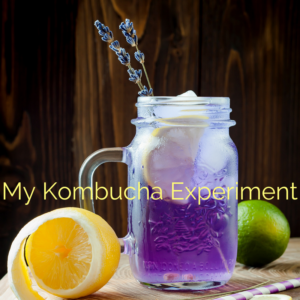 Most Common Probiotic Strains in Kombucha
Most Common Probiotic Strains in Kombucha
- L. plantarum or B. coagulans
- S. boulardii (most common yeast strain)
- Other general lactobacillus strains
B. coagulans and S. boulardii are the strains I have chosen to supplement with (these are the strains found in GT Synergy kombucha and are very common in kombucha).
Other ingredients to note in kombucha: lactic acid, acetic acid, b vitamins
My Self Experiment
*Please note this is only experimental on my part. There is nothing 100% proven about my approach. I suppose I like to make myself a human guinea pig from time to time. 😉
What I am taking (please speak with your doctor or dietitian before changing or beginning a new supplement):
- FloraMyces by Designs for Health (dairy free and freeze dried S. boulardii strain).
- BIOSPORA by Klaire Labs (B. coagulans strain that is hypoallergenic and very shelf stable)
- A little more info from manufacturer that explains this strain of bacteria: “Spore-forming bacilli have often been referred to as soil-based microorganisms because of their ubiquitous presence in the earth. When isolated from the human GI tract, spore-forming bacilli have long been thought to be transient bacteria. However, current research shows that Bacillus species are present in the GI tract in numbers higher than can be explained by ingestion alone. Germination of Bacillus spores within the human small intestine and transient colonization is now thought to be part of the normal life cycle of human-associated Bacillus species providing specific stimuli for healthy GI and immune system development and function. Each capsule of BioSpora™ supplies a total of 2 billion CFUs of B. coagulans and B. subtilis spores positively identified through independent 16S ribosomal RNA gene sequencing. The spores are resistant to extremes of heat, ultraviolet radiation, solvents, hydrogen peroxide, and enzymes. The spores withstand stomach acid and germinate in the small intestine within 6 hours of ingestion. Ingested B. coagulans and B. subtilis reside in the human GI tract for up to 7 days following consumption.”
I continue to work on my diet as well. Diet plays a role in helping to promote an optimal microbiome. Reducing carbohdyrates, added sugars, and refined grains help not give the bad bacteria something to thrive off of. I do not typically eat that many carbohydrates, however, I have been paying even closer attention to avoiding my usual chocolate or snacky sweets in the evening.
Update 7/5/18: Both probiotic supplements caused me constipation! I felt like they were helpful for my mood and energy, but I could not be bothered by the constipation, so I discontinued the supplements. I feel the supplements are pretty “strong”. I may continue to take them, but only once per week. I may explore other probiotic options since I am not able to take these.


